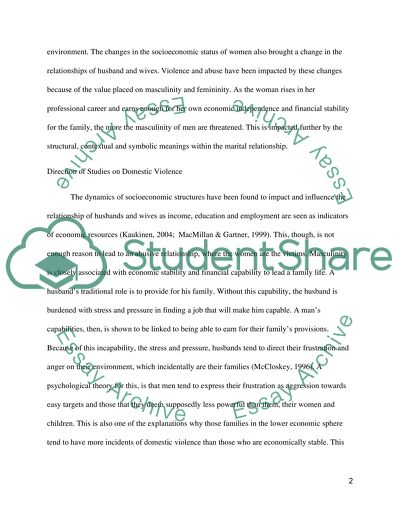Cite this document
(“How Economic Status And Gender Roles Affect Domestic Violence Term Paper”, n.d.)
How Economic Status And Gender Roles Affect Domestic Violence Term Paper. Retrieved from https://studentshare.org/gender-sexual-studies/1566193-my-paper-is-about-how-economic-status-and-gender-roles-affect-domestic-violence-specifically-male-violence-against-female-partners
How Economic Status And Gender Roles Affect Domestic Violence Term Paper. Retrieved from https://studentshare.org/gender-sexual-studies/1566193-my-paper-is-about-how-economic-status-and-gender-roles-affect-domestic-violence-specifically-male-violence-against-female-partners
(How Economic Status And Gender Roles Affect Domestic Violence Term Paper)
How Economic Status And Gender Roles Affect Domestic Violence Term Paper. https://studentshare.org/gender-sexual-studies/1566193-my-paper-is-about-how-economic-status-and-gender-roles-affect-domestic-violence-specifically-male-violence-against-female-partners.
How Economic Status And Gender Roles Affect Domestic Violence Term Paper. https://studentshare.org/gender-sexual-studies/1566193-my-paper-is-about-how-economic-status-and-gender-roles-affect-domestic-violence-specifically-male-violence-against-female-partners.
“How Economic Status And Gender Roles Affect Domestic Violence Term Paper”, n.d. https://studentshare.org/gender-sexual-studies/1566193-my-paper-is-about-how-economic-status-and-gender-roles-affect-domestic-violence-specifically-male-violence-against-female-partners.


